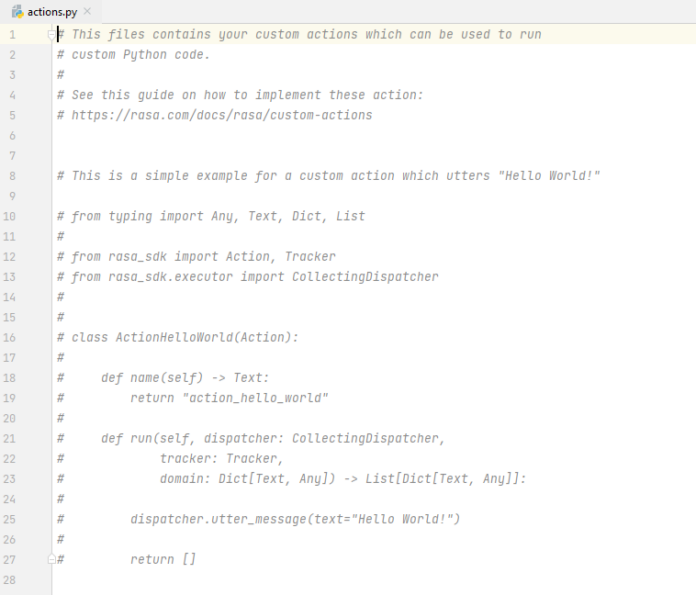Google, the world’s leading search engine, has made significant strides in understanding and adapting to artificial intelligence (AI) technology. At the recent Google Search Central Live Tokyo 2023 event, Gary Illyes and other experts shared valuable insights into Google’s approach to AI-generated content. In this article, we will delve into Google’s policy on AI content and explore the concept of E-E-A-T (Experience, Expertise, Authoritativeness, and Trustworthiness) in content evaluation.
Google Search Central Live Tokyo 2023: Insights into AI Content
During the Google Search Central Live Tokyo 2023 event, industry experts, including Gary Illyes, shed light on Google’s latest perspectives and recommendations regarding AI-generated content. This event provided a platform to discuss AI’s challenges and opportunities for content creators and publishers.
Also Read: What All Happened in Google I/O 2023?

Content Quality Takes Priority for Google, AI or Not
Regardless of whether the content is AI-generated or not, Google places significant importance on content quality. Google focuses on delivering relevant, valuable, and trustworthy information to its users. Thus, the quality of content matters more than its method of creation.
No Distinction: Google Doesn’t Label AI-Generated Content
While some may wonder if Google distinguishes between AI-generated and human-created content, the answer is no. Google does not label AI-generated content explicitly. This emphasizes Google’s commitment to evaluating content solely on its merits and relevance, regardless of its origin.
Also Read: AI-Detector Flags US Constitution as AI-Generated
EU’s Call for Labeling AI-Generated Content
In the context of combating fake news, the European Union (EU) has urged social media companies to label AI-generated content voluntarily. However, Google has not imposed any such labeling requirements on publishers, choosing to prioritize content quality over labeling.
Also Read: EU Calls for Measures to Identify Deepfakes and AI Content
Google Recommends Labeling AI-Generated Images
Google does recommend publishers label AI-generated images using IPTC image data metadata, although it is not mandatory. This approach ensures transparency and helps users identify AI-generated visuals. Furthermore, image AI companies are developing automated methods to add metadata, streamlining the process for publishers.
Also Read: Google Unveils StyleDrop: The Ultimate Design Hack for Stunning Visuals

Judgment Call: Publishers Decide Labeling for AI-Generated Text
Unlike images, Google does not require publishers to label AI-generated text content. Instead, Google leaves it to the publishers’ discretion to determine whether labeling text content as AI-generated enhances the overall user experience. This flexible approach acknowledges the varying nature of content and respects publishers’ judgment.
Human Content Still Takes the Lead in Google Rankings
Highlighting the importance of human-generated content, Google reaffirms that its algorithms and ranking signals are primarily designed to evaluate and prioritize natural, human-created content. This ensures that content produced by individuals with experience, expertise, and authoritativeness in their respective fields remains at the forefront of Google’s rankings.
Also Read: Grammy Awards Bans AI: Human Creators Take Center Stage
Understanding E-E-A-T: A Key Factor in Content Evaluation
E-E-A-T, an acronym for Experience, Expertise, Authoritativeness, and Trustworthiness, plays a vital role in Google’s content evaluation process. Google’s search quality raters guidelines recommend assessing whether the author demonstrates expertise and experience in the subject matter. This criterion helps establish the credibility and reliability of the content.

AI’s Struggle with Experience and Quality Thresholds
One of the challenges AI faces is its inability to claim experience in any specific topic or product. Consequently, AI-generated content may struggle to meet the quality threshold required for certain types of content that rely heavily on human experience. Google acknowledges this issue and reveals ongoing internal discussions to address this concern and establish a comprehensive policy.
Transition Period: Evaluating AI’s Trustworthiness
As AI technology evolves, the lack of trustworthiness in AI-generated content poses a unique challenge. Mainstream media companies, once eager to experiment with AI-generated content, have now slowed down to reassess its implications. Google recognizes the importance of maintaining content quality and encourages publishers to remain vigilant in ensuring their content meets the desired standards.
Also Read: Google Bard’s Latest Advancements Boost Logic and Reasoning
Our Say
Google’s evolving policy on AI content emphasizes the significance of content quality while keeping pace with advancements in AI technology. As Google continues to refine its approach, publishers should strive to create valuable and trustworthy content that aligns with E-E-A-T principles. By understanding Google’s stance on AI-generated content, publishers can adapt their strategies to provide the best user experience while maximizing their online presence.

